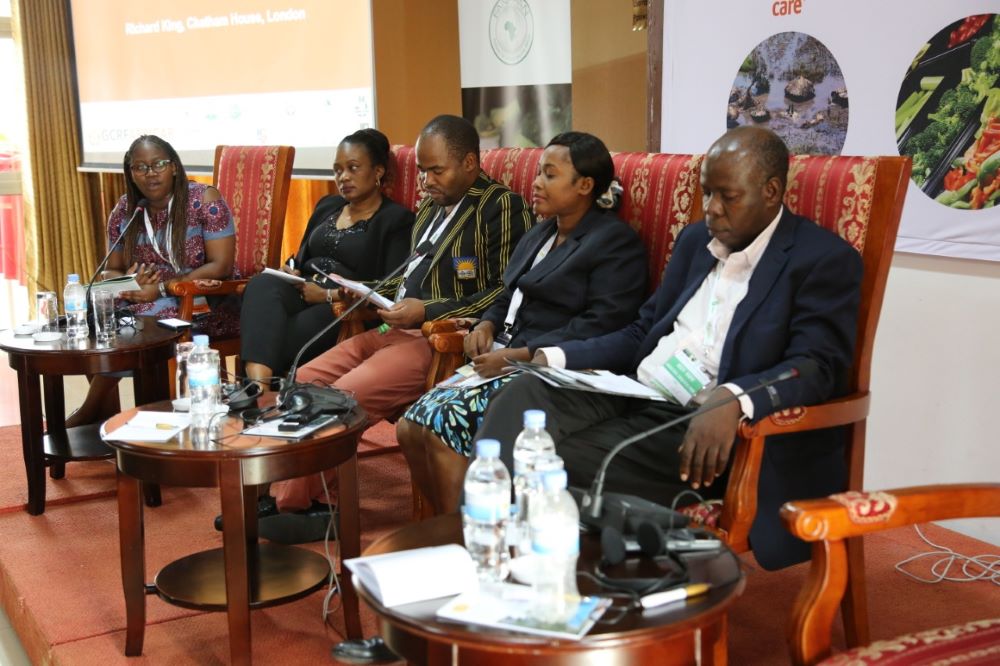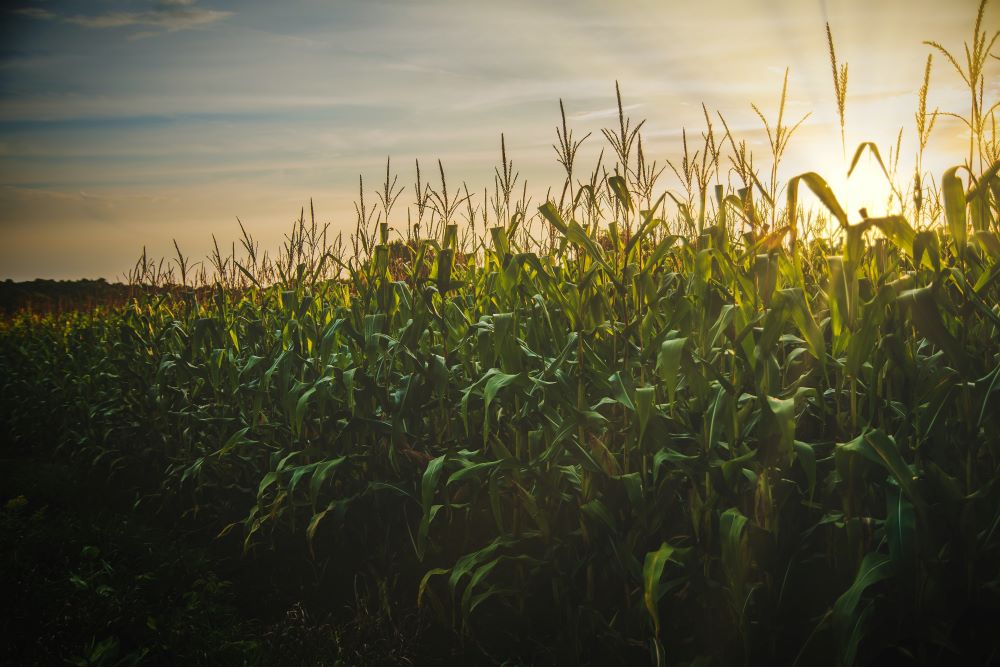By Mantoe Phakathi
The GCRF-AFRICAP Programme participated at the virtual Cultivate-Africa Dialogues hosted by the Africa Union Commission in November 2020.
The dialogues were a response to the Joint Ministerial Declaration and Action Agenda from the Joint Virtual Meeting of the African Ministers Responsible for Agriculture, Trade and Finance on the Impact of Covid-19 on Food and Nutrition Security in Africa held in April and in July 2020.
Cultivate Africa was designed to unlock a concerted multi-stakeholder partnership toward a sustained and effective response leading to averting potential adverse effects of the COVID-19 pandemic on food security, nutrition and food systems (production, distribution, trading and market access of agricultural commodities and services).

At a side event on November 17, under the theme; Building Resilient Food and Agriculture Systems, GCRF-AFRICAP programme researchers showcased how they are drawing together existing knowledge of opportunities and challenges for climate-smart agriculture, and the broader policy and institutional environments at play. These opportunities and challenges provide a basis for envisioning and evaluating possible futures for agriculture and food systems.
GCRF-AFRICAP researchers from the University of Leeds who participated in the side event included Dr Stephen Whitfield, Dr Harriet Smith, Dr Stewart Jennings, Dr Samuel Eze and Ndashe Kapulu. The side event was facilitated by Sithembile Mwamakamba from the Food Agriculture and Natural Resources Policy Analysis Network (FANRPAN).
Researchers engaged audiences following the presentation of their research findings. Below are some questions and answers from the session:
Q: What equipment and machines are used for determining climate smartness?
A: There is no equipment that measures climate smartness directly. For a land management intervention or production system to be climate-smart, it should sustainably increase agricultural productivity, enhance adaptation and resilience to climate change and reduce greenhouse gas emissions. These three indicators of climate-smartness can be assessed for example, by monitoring crop yields, carbon sequestration in soils and greenhouse gas emissions. This is where specific techniques and instruments are employed. For example, Dynamic Chambers or Eddy Covariance Towers are used to measure greenhouse gas fluxes.
Q: When is an agricultural system, household or a farm regarded resilient; What are the yardsticks for resilience? What conditions should be fulfilled?
A: A farm or household is resilient when it can respond, recover and adapt to a shock or a stress. These stresses or shocks can be caused by various factors, including climatic, social, political and economic. Yardsticks and conditions will depend on the context in which the household or farm is situated, and the nature of the shock.
Therefore, there is no singular definition or requirement that can or will make a household/farm more resilient. However, the ability of a household or farm to respond, and be resilient to a stress or shock is largely dependent on the capitals, or resources, they can utilise. Hence poorer and more vulnerable populations, who have restricted access to resources, are typically less resilient.

Q: Do we have any projects implemented in South Africa to enhance food resilience?
A: As part of the AFRICAP programme, we have an on-going research project looking at how different crop cultivation and land management practices increase or mitigate the risks associated with crop pests. We are also sharing with our partners in South Africa, Tanzania, Malawi and Zambia lessons learnt from across the wider portfolio of research on modelling agricultural and food system futures and analysing the resilience of a variety of agricultural strategies and investments into the future.
Q: How do we use evidence synthesis to inform decision making infrastructure on nutritious food systems and agriculture at the country and continental level?
A: Evidence synthesis and knowledge sharing are important in all aspects of decision making around the planning, design and implementation of food system changes at all scales. Particularly when it comes to meeting the future challenges associated with climate change, market changes and political changes, envisioning those futures and understanding complex food system dynamics is important for ensuring that risks are well managed.
Meeting nutritional needs is one of the most important characteristics of the food system. Through the integrated modelling approach that we are applying in AFRICAP, we are considering the extent to which changes in agriculture, land management and trade, in the context of different future scenarios, do or do not support the meeting of nutritional needs at a national and regional level.
